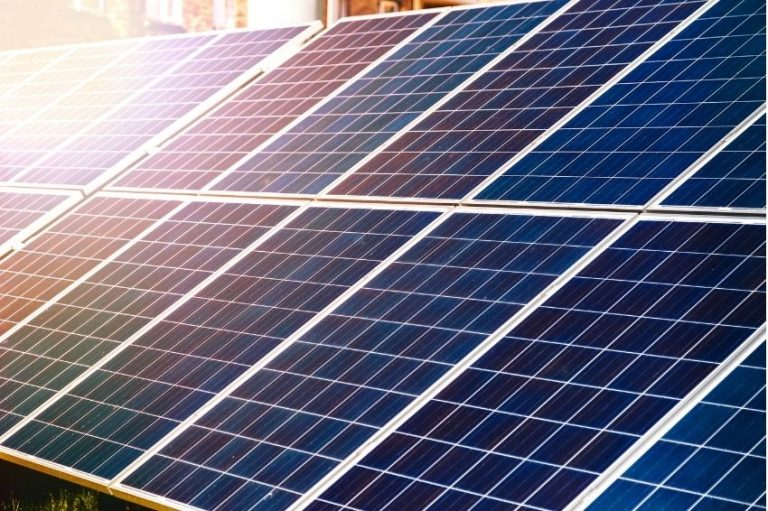Three million, eight hundred thousand jobs in the world and almost 90 thousand new jobs created in 2020 in Brazil in the middle of the pandemic.
DG (distributed generation) from solar sources is heading towards promising growth with investment prospects above R$ 20 billion in 2021.
According to the country's main energy sector associations, the numbers reflect the current scenario of the already heated solar energy market in Brazil, which has everything set to heat up even more in this and the coming years.
Expectations are enormous and represent the potential that the photovoltaic sector offers to the country in different spheres, whether minimizing environmental impacts, generating jobs, attracting investments or empowering the end consumer.
Currently, approximately 0.5% of consumer units in the captive market have their own energy generation, close to 370 thousand units installed, with the photovoltaic solar source corresponding to 98%.
In recent years, society as a whole has become more interested in the topic of photovoltaic solar energy, as it has finally realized its advantages.
While some sectors of the economy cooled down during the pandemic, the distributed generation market – that energy generated at or near the point of consumption – only heated up. There are countless reasons for this.
The return on investment period when adopting this technology is increasingly shorter. Even with significant price increases in equipment for the first half of 2021, due to the enormous global demand for photovoltaic panels, the high dollar conversion rate, the scarcity of raw materials in China and the very high costs of sea freight, the generation own energy from a solar source proves to be an excellent investment in the medium and long term, in addition to the unquestionable environmental gain.
Solar energy generation is sustainable (does not burn fossil fuels), is renewable (inexhaustible) and uses sunlight as an energy source, which can be distributed and used in different ways. As the ecosystem evolves, the interest of the industrial and corporate sectors in adopting a more “eco-friendly” model grows.
Companies' concern with being more sustainable is growing. It is noticeable that a significant number of companies are adopting ESG (Environmental, Social and Governance – ASG – Environmental, Social and Governance) criteria.
When investing in such standards, organizations are committed to incorporating environmental, social and governance responsibilities into their modus operandi, attracting more investment and consumers.
The use of distributed generation also brings benefits to the energy system as a whole, making it more intelligent and efficient by reducing expenses and losses.
When the solar energy produced is injected into the grid and distributed locally, society is no longer completely dependent on hydroelectric and thermoelectric plants. Therefore, DG, in the medium and long term, contributes to the distribution network, avoiding problems such as blackouts. Furthermore, by reducing the distance between transmitters and consumers, energy losses in the electricity transmission and distribution infrastructure are avoided.
The growth in demand for distributed generation is a fact and will increase even more in the coming years. With the facilities provided by current governments, avoiding taxation and consequently the cost of technologies, society is finally becoming aware of the benefits of solar energy.
The market will continue to rise, especially with the arrival of lithium batteries on the market soon. Through them, consumers will be able to store energy to use at night or on days when the sun is not shining and will become even more independent from distributors.
With one of the highest solar irradiation rates in the world, Brazil has all the resources that enable the country to become a reference in solar energy production.
In 2019, energy generation from solar sources in the world represented 11% and the current forecast from global agencies is that by 2050 this model will total around 40%. Brazil has all the capacity and potential to assume leadership in the global market.
It now remains to be seen how all the links in this chain will deal with such an opportunity, capable of generating more jobs, bringing more investments, minimizing environmental impacts and empowering citizens.

















One Response
Solar energy is here to stay. Congratulations on the text.